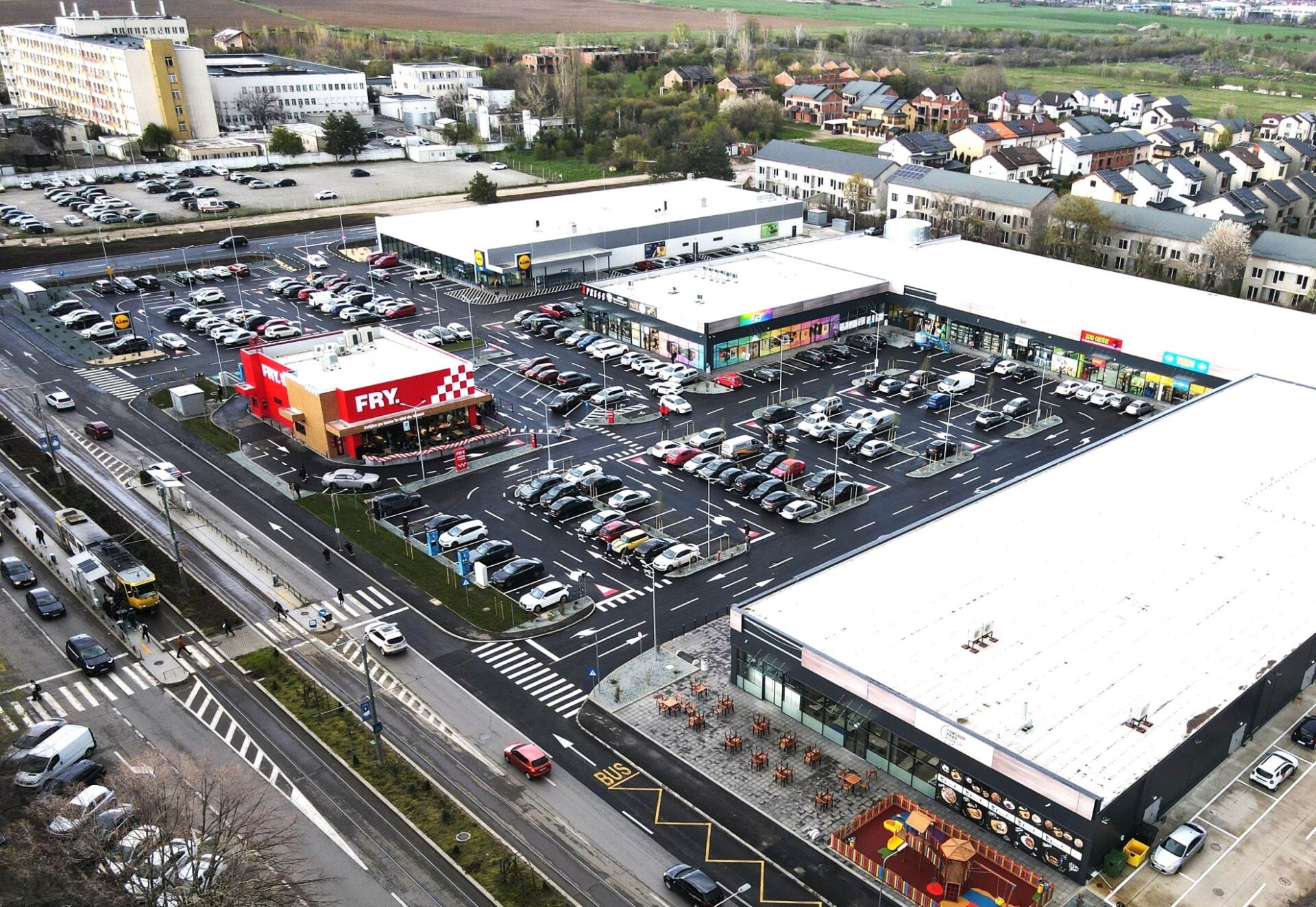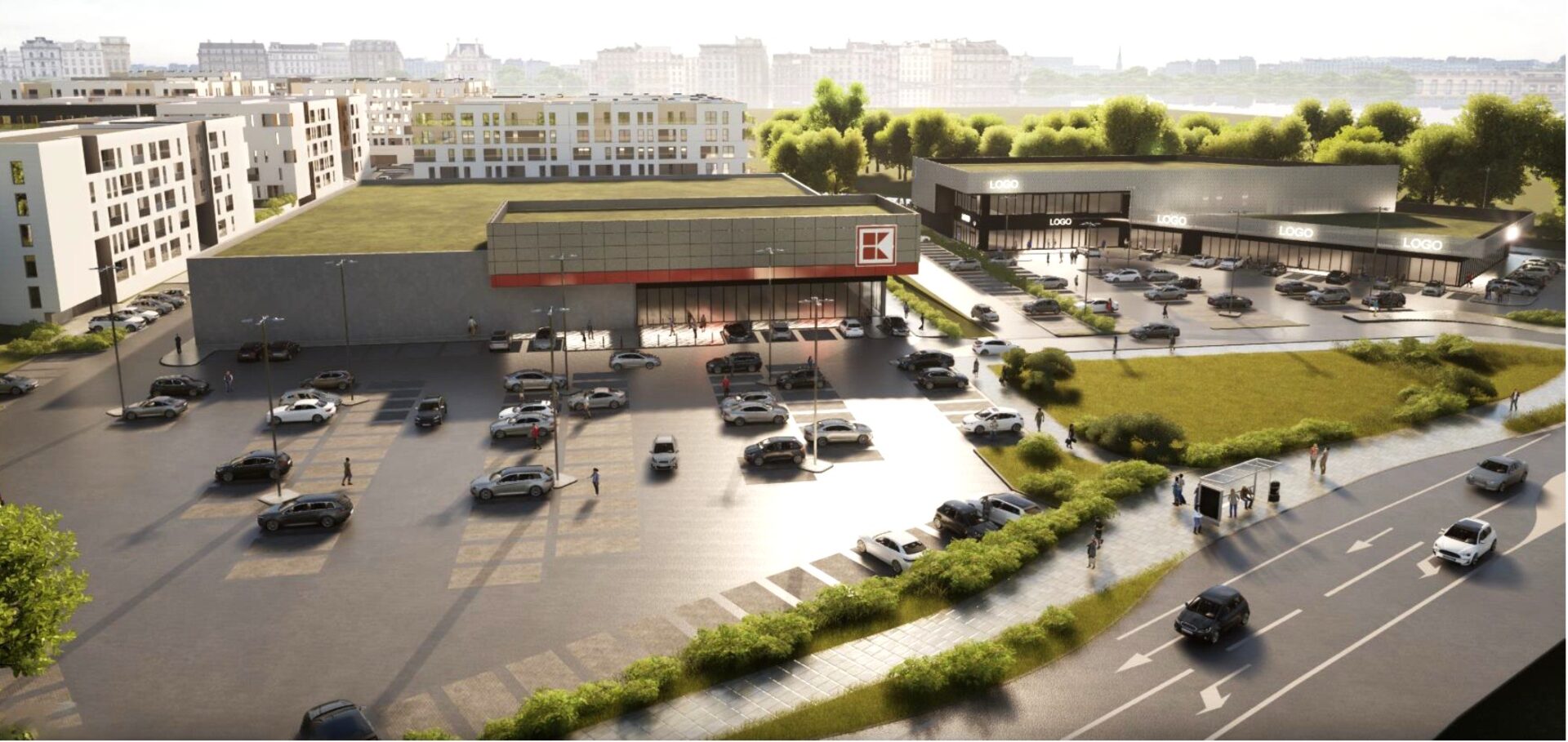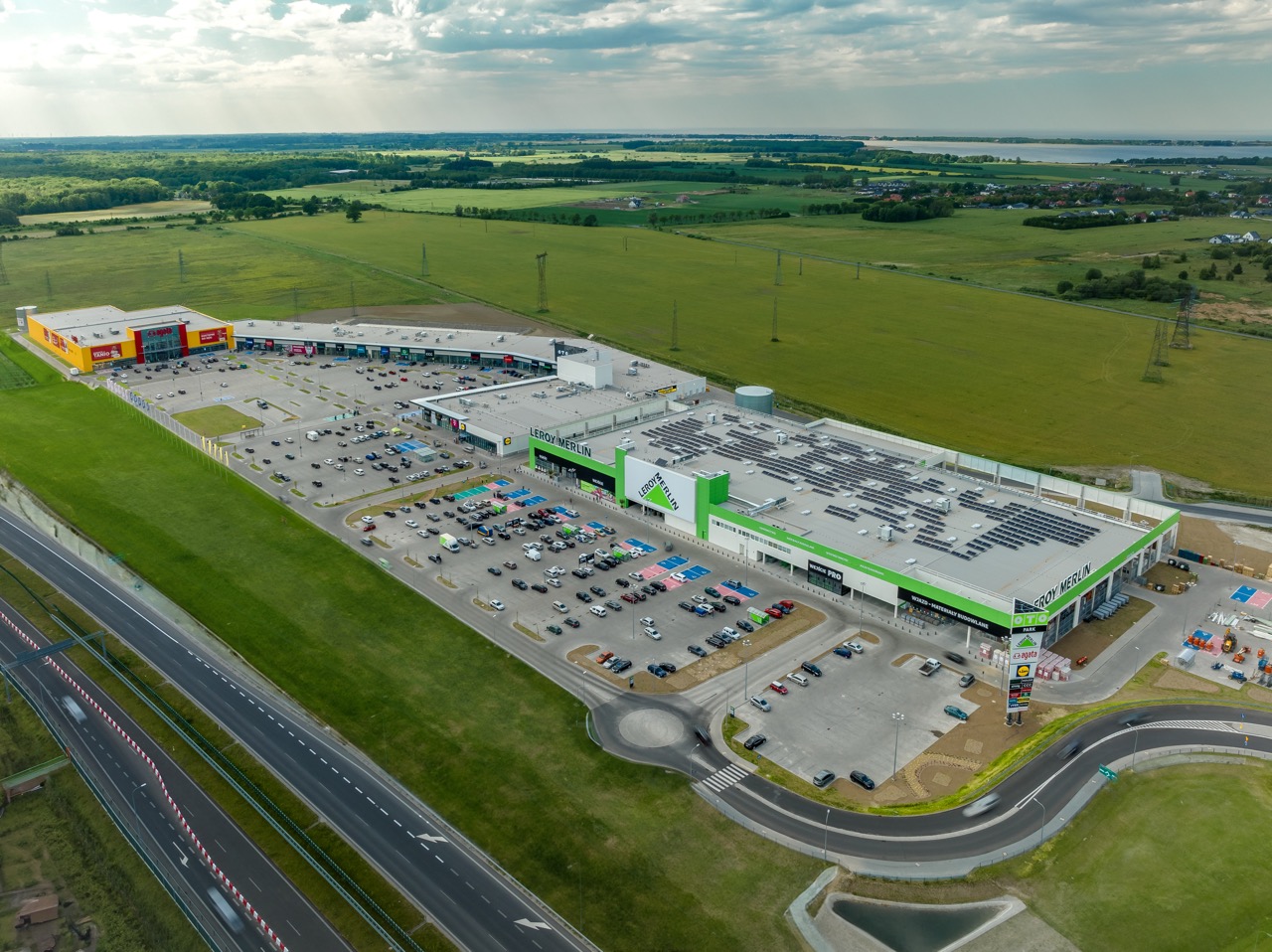Market Expansion and Construction
Approximately 135,000 sqm of modern retail space was added to Poland’s total stock in Q2 2024, consisting of both new openings and extensions. By the end of June 2024, around 335,000 sqm of retail space was under construction, with an additional 110,000 sqm involved in extension and reformatting projects. The highest retail space saturation rates were observed in Wrocław and Poznań, with 1,024 sqm and 973 sqm per 1,000 inhabitants, respectively. Katowice and Łódź had the lowest saturation rates, at 723 sqm and 699 sqm per 1,000 inhabitants, respectively.
New Market Entrants
Three brands entered the Polish retail market in Q2 2024, all debuting in Warsaw. These newcomers were Romanian-owned bakery Luca at Polna Corner, the Veselka craft bar from Ukraine at the Warsaw Brewery complex, and Answear.com, which opened its first brick-and-mortar store at the Norblin Factory.
Retail Parks in Demand
From April to June 2024, nine new completions, three extensions, and three redevelopments were reported. The only new shopping centre to open was Galeria Starówka in Leszno. Notable extensions included Dekada in Grójec and Nowa Górna retail park in Łódź, adding 5,000 sqm and 3,000 sqm, respectively. Additionally, three former Tesco buildings were redeveloped into two retail parks in Bytom and one in Piła. New retail openings were dominated by retail parks in Jastrzębie-Zdrój, Olsztyn, Świebodzin, Tychy, Zawiercie, and Zgorzelec. Q2 2024 also saw three transactions involving the sale of four retail parks in the Warsaw region, Kłodzko, and Kępno, affirming the stability of this asset class.
Evolution of the Shopping Centre Market
BNP Paribas Real Estate Poland notes that Poland’s mature and saturated retail market continues to evolve. Shopping centres in several Polish cities have already been demolished, with some scheduled for demolition and others facing an uncertain future. “The increase in demolitions is largely driven by declining turnover and footfall levels or new investment plans of landlords,” says Fabrice Paumelle, Head of Retail at BNP Paribas Real Estate Poland. For example, demolition work is underway at Galeria Malta in Poznań, likely to be replaced by a housing development. In Wrocław, the demolition of Arkady Wrocławskie is expected to begin this year to make way for a modern office building with living space. Shopping centres will not disappear but will undergo various processes, including recommercialization, refurbishments, extensions, redevelopments, and repurposing or demolition to reclaim land for new projects.
Impact of Non-Trading Sundays
The Polish retail market is poised for significant change due to the proposed liberalization of Sunday shopping regulations. The bill, which allows for two shopping Sundays each month, has passed its first reading in the Polish Sejm and is under committee review. Despite the original intent to support small, local stores, the Sunday trading ban has not achieved this goal. Data from Statistics Poland (GUS) indicates that the number of stores fell from nearly 340,000 at the end of 2018 to just under 326,000 at the end of 2022—a loss of 14,000 stores in four years. Discount and smaller-format stores have become the preferred choice for Polish shoppers. “Recent years have seen a huge expansion of discounters, who have built a loyal customer base through aggressive marketing and pricing strategies and long opening hours,” according to BNP Paribas Real Estate Poland experts.
Rise of Social Selling
Poland’s e-commerce penetration rate stood at 8.6 percent in May 2024, consistently remaining above 8 percent throughout the first half of the year. The best-performing online retail categories include newspapers, books, textiles, clothing, and footwear. BNP Paribas Real Estate Poland also highlights the growing trend of social commerce, or selling through social platforms. “Leveraging social commerce can give retailers a competitive advantage in e-commerce. It’s about being active, showcasing products compellingly, and enhancing customer reach,” says Klaudia Okoń, Senior Consultant at BNP Paribas Real Estate Poland. Social commerce allows for a quick and convenient shopping experience, with stored payment and address data enabling purchases in just a few clicks.







